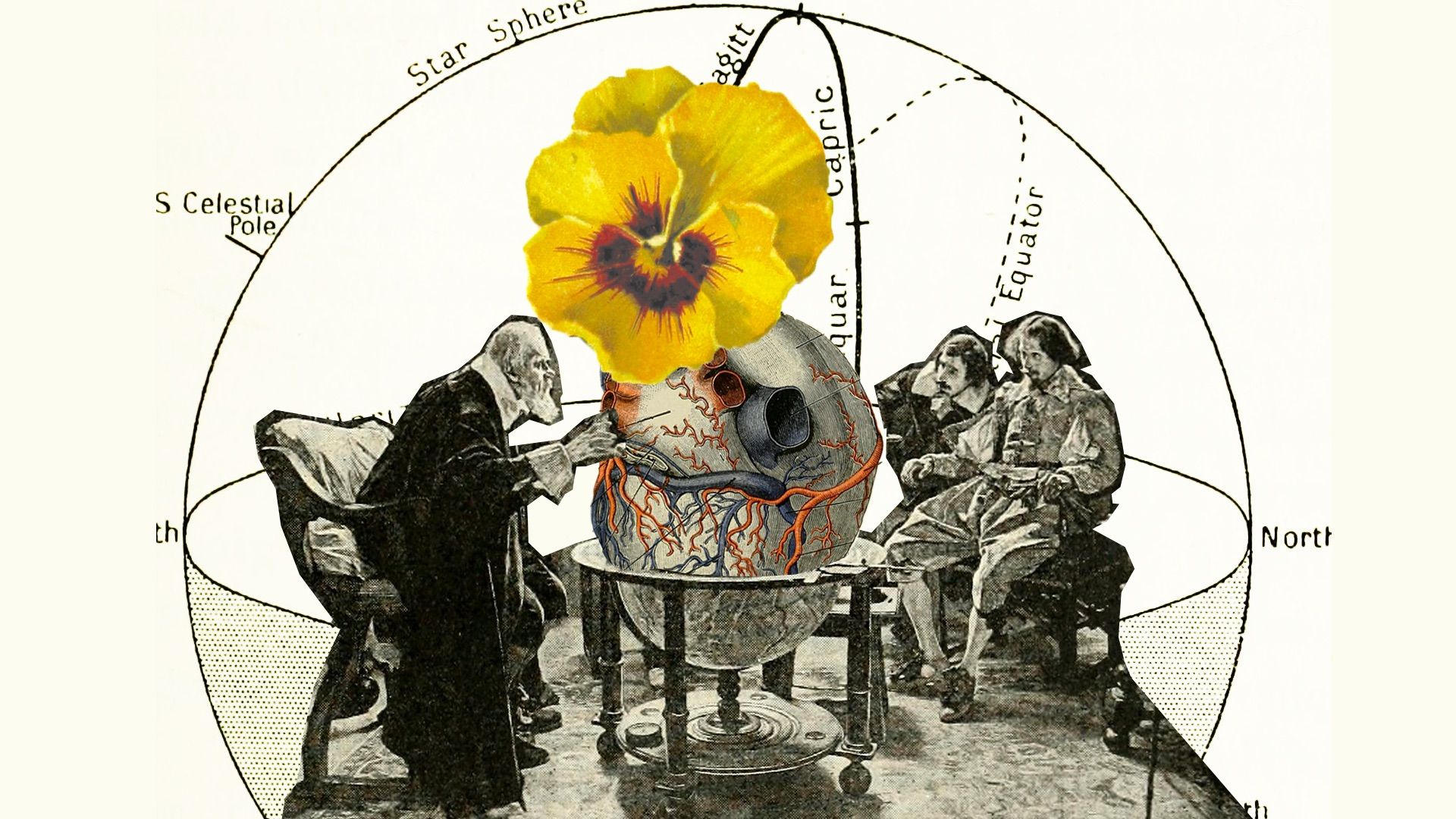The way to the heart goes through the head
Today we are once again in the Michael Age, which began in 1879. Its central task is to develop a new heart thinking, which should replace the mere head thinking, but at the same time further develop its fruits. Head thinking therefore forms the indispensable basis of the heart thinking to be developed. Rudolf Steiner therefore rightly writes in his “Philosophy of Freedom”: “The way to the heart goes through the head.” (GA 4, P. 25)
“As necessary as it is – this has already been emphasized – that one first passes through the training of a good, rational thinking, where one has first learned to comprehend things, before one ascends to higher worlds, so necessary is it that one again rises above this ordinary thinking to an immediate comprehension. And precisely because this is so necessary, that one learns to grasp things directly in the higher world, one must on the other hand undertake that logical foundation. It must be done for the reason that otherwise one’s feelings and sensations would certainly be mistaken.
bla bla alt text test
One is not able to judge in the higher world if one carries the ordinary intellectual thinking up there; one is not able to judge in the higher world if one has not first developed intellectual thinking in the physical world. Some people, however, may find a reason, out of the peculiarity of higher thinking, of thinking from the heart, to dispense with ordinary logic altogether. They say that since one must forget the ordinary logic of the physical plan, there is no need to learn it.
However, they ignore the fact that one becomes a different person when one has gone through logical thinking on the physical plane as a training, as an exercise. One does not go through it in order to understand the higher worlds with this thinking, but in order to make a different person out of oneself. One also experiences something in logical thinking. In logical thinking, one experiences above all a kind of conscience. There is a kind of logical conscience, and if one develops this, then one gets in his soul a certain sense of responsibility towards truth and untruth, and without this sense of responsibility towards truth and untruth there is not much to be done in the higher worlds.” (Lit.:GA 119, p. 220)
“As necessary as it is – this has already been emphasized – that one first passes through the training of a good, rational thinking, where one has first learned to comprehend things, before one ascends to higher worlds, so necessary is it that one again rises above this ordinary thinking to an immediate comprehension. And precisely because this is so necessary, that one learns to grasp things directly in the higher world, one must on the other hand undertake that logical foundation. It must be done for the reason that otherwise one’s feelings and sensations would certainly be mistaken.
bla bla alt text test
One is not able to judge in the higher world if one carries the ordinary intellectual thinking up there; one is not able to judge in the higher world if one has not first developed intellectual thinking in the physical world. Some people, however, may find a reason, out of the peculiarity of higher thinking, of thinking from the heart, to dispense with ordinary logic altogether. They say that since one must forget the ordinary logic of the physical plan, there is no need to learn it.
However, they ignore the fact that one becomes a different person when one has gone through logical thinking on the physical plane as a training, as an exercise. One does not go through it in order to understand the higher worlds with this thinking, but in order to make a different person out of oneself. One also experiences something in logical thinking. In logical thinking, one experiences above all a kind of conscience. There is a kind of logical conscience, and if one develops this, then one gets in his soul a certain sense of responsibility towards truth and untruth, and without this sense of responsibility towards truth and untruth there is not much to be done in the higher worlds.” (Lit.:GA 119, p. 220)


